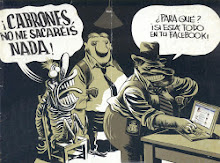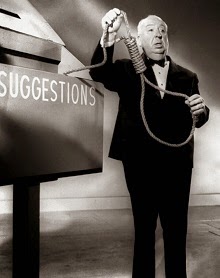The author of “Missing You” and “Tell No One” says
most of his classmates probably remember him “more for the basketball I was
dribbling than the book I may have been carrying.”
What books are currently on your night stand?
Anna Quindlen’s “Still Life With Bread
Crumbs,” an advance copy of Ayelet Waldman’s “Love and Treasure” and “The Stack
and Tilt Swing,” by Michael Bennett and Andy Plummer. Anna is one of my first
and most insightful readers. The only reason I’m behind on reading her latest
is that family members keep stealing it from me. Ayelet is always worth a read
and I hear her latest is her best. “Stack and Tilt” is a manual about how to
swing a golf club, something I do often and terribly. I made the mistake of taking
up golf late in life. I would have been better served taking up grinding glass
shards into my eyes or removing my internal organs with a grapefruit spoon.
Who is your favorite novelist of all time? And your
favorite novelist writing today?
Philip Roth. Yes, it’s an unsurprising
choice, what with me being Jewish, born in Newark, shiksa-obsessed. . . . Wait,
what? You also asked for a favorite novelist writing today, but since Roth’s
most recent book, “Nemesis” (the first of his that made me cry), came out only
three years ago, I will still respectfully hold out hope for another while not
indicating any dissatisfaction or lack of understanding about his decision to
retire.
Sell us
on your favorite overlooked or underappreciated writer.
There
are, of course, an overwhelming number of overlooked writers. Any successful
writer who doesn’t admit that luck played a part in their success is either
lying or delusional. I will, however, make the case for Elissa Schappell. While
I loathe being labeled politically correct, part of the reason I’m picking her
and her sublime short story collection “Blueprints for Building Better Girls”
is that it is yet another example of our destructive desire to label things in
a manner that often does a tremendous disservice to the talent. In this case,
that label is “women’s fiction,” whatever that means, as though fiction should
be gender-specific, even though this is my favorite short story collection in
recent memory.
What
are your literary guilty pleasures? Do you have a favorite genre?
I feel guilty about fatty desserts and
skipping my kid’s school concert, not books. If I’m reading the back of a
cereal box, all is O.K. with the world. Guilt? Please.
I do believe, however, that we are
living in the golden age of crime fiction, if you want to call it a genre. In
no particular order: Dennis Lehane, Tana French, Laura Lippman, Michael
Connelly, George Pelecanos, Lee Child, Jo Nesbo, Gillian Flynn, Alison Gaylin,
Jeff Abbott, Susan Isaacs, Kate Atkinson, Linda Fairstein, Ian Rankin, Lawrence
Block, Nelson DeMille, James Lee Burke, Robert Crais, Louise Penny, and the
editor is making me stop so my apologies to those I love and left off this
list, but you get my point. There has never been a time when so many are doing
it so well and with such diversity. Revel in it, my friends.
The
movie adaptation of your novel “Tell No One” was a critical and commercial hit.
What in particular did you think it gained and lost when adapted into a French
film?
Guillaume Canet, the film’s director, understood that
“Tell No One” is a love story first and a thriller second. Hollywood always
wanted it the other way around — sacrifice the heart for a few more action
sequences. No one wants to hear of yet another novelist who was less than
pleased by Hollywood’s treatment of his work, but I remember a scary early
meeting with a producer who lamented, “Who is going to believe that your hero
still pines for his true love eight years after her murder?” Answer: Anyone
with a beating heart. I think the blend of visions — my American love/crime
story and Canet’s French infusion — took us both to another level. You get
lucky sometimes.
In
addition to your Myron Bolitar series, you now write a young adult version,
featuring Mickey Bolitar. What inspired you to get into Y.A.? Are you a fan of
the genre?
I’m not big on the term “genre,” though
that complaint may sound self-serving. I look at it not as a “genre” but as a
form, like a haiku or sonata, where you can still have large themes and move
people with language and story, and play with their expectations. Certain forms
are wonderful because they compel you to tell a story and not get too lost in
your own genius. This is often a healthy thing for a novelist.
In the case of young adult, I’m not even
sure what the form would be. The biggest difference between my adult novels and
my young adult novels is the age of the protagonist: He is 16 instead of, say,
40. With all the complaints about today’s youth, they are the savviest readers
in the world. If you, the writer, dumb it down, you’re dead to them.
What
kind of reader were you as a child? And what were your favorite childhood
books?
My childhood was frighteningly normal
and brings to mind the great Flaubert line: “Be regular and orderly in your
life, like a bourgeois, so that you may be violent and original in your work.”
Childhood favorites include some obvious choices: the Narnia series by C. S.
Lewis; “Charlie and the Chocolate Factory,” by Roald Dahl; “A Wrinkle in Time,”
by Madeleine L’Engle; “The Forgotten Door,” by Alexander Key. I loved to read,
of course, but I wouldn’t say I was that kid with his nose in a book. Most of
my classmates probably remember me more for the basketball I was dribbling than
the book I may have been carrying.
Which
novels have had the most impact on you as a writer? Is there a particular book
that made you want to write?
If I had to pick one book — and that is
an impossible task — I would have to say “Marathon Man,” by William Goldman.
Yes, I could list a bunch of highbrow literary titles here to show how well
read I am, but when I was maybe 14 years old, my father gave me his just-read
paperback of “Marathon Man.” It was my first adult thriller and I remember
being so engrossed I started thinking, “You could put a gun to my head and I
wouldn’t put this book down.” At the time I had no idea that I’d end up a
writer, but I think subconsciously something inside of me wanted to be able to
make people feel what I was feeling — to give them that same can’t-put-it-down,
stay-up-all-night, complete-escape experience.
You’re
hosting a literary dinner party. Which three writers are invited, living or
deceased?
I would invite Elmore Leonard, Donald
Westlake and David Foster Wallace because I miss all three of them greatly,
both professionally and personally.
And if
you could only bring three books to a desert island, what would they be?
I would probably start going through
this issue of The New York Times Book Review and find the three best (and
longest) books in it. I rarely reread. There are too many new experiences out
there — wonderful books that I’ll tragically never get to — to go back. My
favorite books live on in my head, sometimes in ways very different from the
original, and I don’t want to throw that experience out of whack by reliving
the reality. So I’m packing three unread books for the trip. I’m open to
suggestions. Just make them fiction and make them long. Oh, one of them would
definitely be Donna Tartt’s “The Goldfinch.” It fits the above criteria
perfectly.
What’s
the worst book you’ve ever read?
I can’t think of one, not because I’m a
man of no discerning taste, but because I have no qualms about abandoning books
that suck. I’m not afraid to do it on Page 1 or Page 100. For that reason, it
has been years since I’ve completed a novel that I detested. Life is too short
and there is too much good stuff out there. I’m old enough now to know pretty
quickly what is and what is not going to work for me.
What
books are you embarrassed not to have read yet?
Where to begin? “Wuthering Heights,”
“Brave New World,” “Invisible Man,” “All the King’s Men.” I could go on and
on. I’m not embarrassed by this. I just wish I had more time to read. I’m also
somewhat over the classics. Sacrilege, I know. The classics for me are like the
Beatles: I went through a period in my life where I listened to them nonstop
and I still love them and if one of their songs comes on the radio I’m happy —
but I almost never seek them out anymore.

















.jpeg)


.jpeg)
.jpeg)

.jpeg)

.jpeg)








0 comentaris:
Publica un comentari a l'entrada